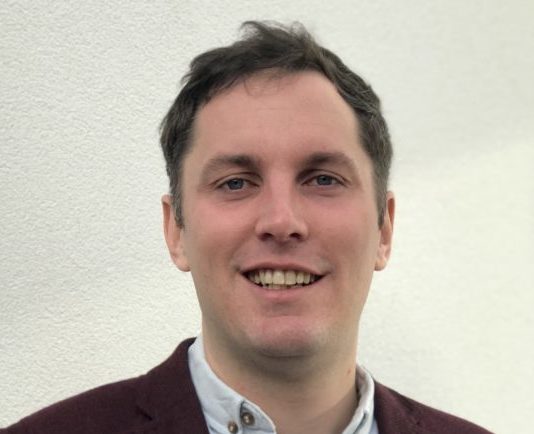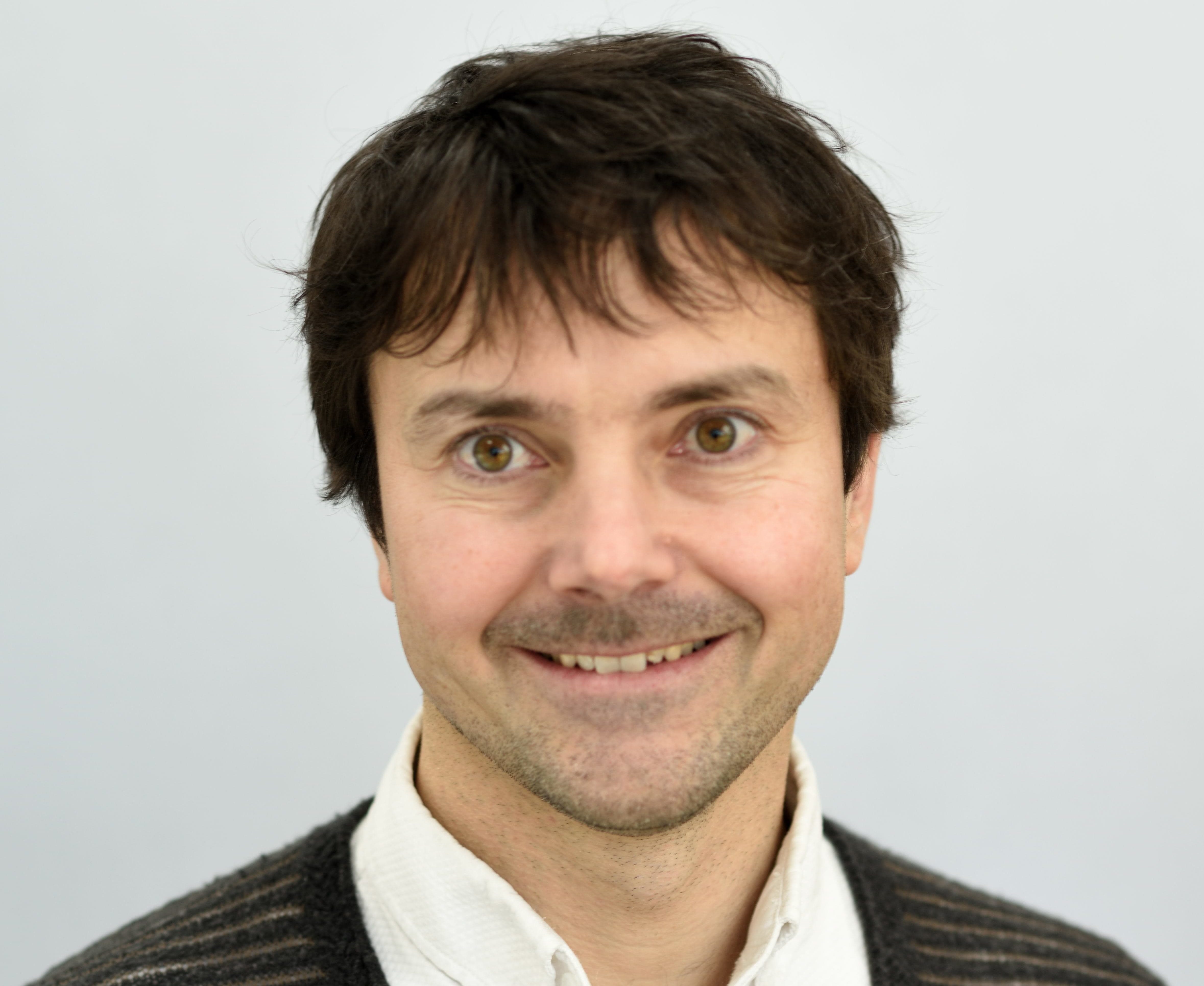PRESS RELEASE
9th October 2020
Mogrify introduces EpiMOGRIFY platform to systematically identify epigenetic switches driving cell identity and cell maintenance
Systematic direct cell conversion platform published in Cell Systems
Platform measures changes in H3K4me3 histone modifications to predict optimal growth factors required to both maintain cells in culture and support conversion between cell types
EpiMOGRIFY co-developed and co-owned by Duke-NUS, Monash University and Mogrify
Company’s platforms support the development of scalable off-the-shelf cell therapies for diseases with a high unmet clinical need
Cambridge, UK, 9th October 2020: Mogrify Limited (Mogrify®), a UK company aiming to transform the development of ex vivo cell therapies and pioneer the field of in vivo reprogramming therapies, today announced the introduction of EpiMOGRIFY. The platform models the epigenetic state of the cell to predict the switches important for cell identity, cell maintenance, directed differentiation and cell conversion.
EpiMOGRIFY is an extension of the Company’s proprietary direct cellular conversion technology, MOGRIFY®, and enables the identification of the optimal culture conditions required to maintain cells in chemically defined media. This can be applied in cGMP manufacture and enhances directed differentiation or cell conversion to support the development of scalable off-the-shelf therapies for diseases with a high unmet clinical need.
EpiMOGRIFY combines gene-regulatory information with a model of a cell’s epigenetic landscape and leverages changes in the level of DNA-histone methylation (H3K4me3 modifications). The platform utilizes data from more than 100 human cell/tissue types (available via the ENCODE and Epigenome Roadmap consortia) to accurately define culture conditions that can maintain the cell identity or induce cell conversion.
The EpiMOGRIFY platform, patent and know-how were co-developed and are co-owned by Duke-NUS (Enrico Pettreto, Associate Professor and Owen Rackham, Assistant Professor at Duke-NUS Medical School), Monash University (Jose Polo, Professor at Monash University) and Mogrify. The research underpinning this novel computational approach has recently been published in Cell Systems* (Kamaraj et al., 2020).
Owen Rackham, PhD, Assistant Professor at Duke-NUS Medical School, Singapore, and Co-founder and CTO, Mogrify, said: “Building on our development of the Mogrify technology to identify transcriptomic switches for cell conversion, this new technology published in Cell Systems adds an important layer of epigenetic specificity in our continuous search to drive cell identity with an increasing level of control. The ability to systematically identify the optimal culture conditions, closely mimicking the in vivo microenvironment, will enable scientists to convert and maintain any cell type more efficiently and with even greater accuracy.”
The predictive power of EpiMOGRIFY has been validated in two ways: cell maintenance and differentiation. EpiMOGRIFY-predicted factors are able to maintain astrocytes and cardiomyocytes in vitro in chemically defined media and promote the generation of astrocytes and cardiomyocytes from neural progenitors and embryonic stem cells, respectively. In both cell maintenance and differentiation, EpiMOGRIFY defined conditions performed as well or better in all cases when compared to existing undefined conditions, significantly increasing cell growth and survival, as well as resulting in a higher differentiation efficiency.
Julian Gough, PhD, Co-founder and CSO, Mogrify, said: “The co-development and successful validation of this technology is a testament to our commitment to work with Mogrify’s founding laboratories and support the continuous innovation in the field of cellular reprogramming. This represents a unique opportunity to transform the development of existing cell therapies and will become instrumental in our bid to engineer scalable off-the-shelf therapies for diseases with a high unmet clinical need.”
For further information about Mogrify’s technology, please visit:
https://mogrify.co.uk/science/#epimogrify
https://mogrify.co.uk/science/#mogrify
*Kamaraj et al., EpiMogrify Models H3K4me3 Data to Identify Signaling Molecules that Improve Cell Fate Control and Maintenance. Cell Systems. October 9th, 2020. https://www.cell.com/cell-systems/fulltext/S2405-4712(20)30334-3
Notes to Editors

Owen Rackham, PhD
Assistant Professor, Duke-NUS Medical School, Singapore and Co-founder and CTO, Mogrify

Julian Gough, PhD
Co-founder and CSO, Mogrify
